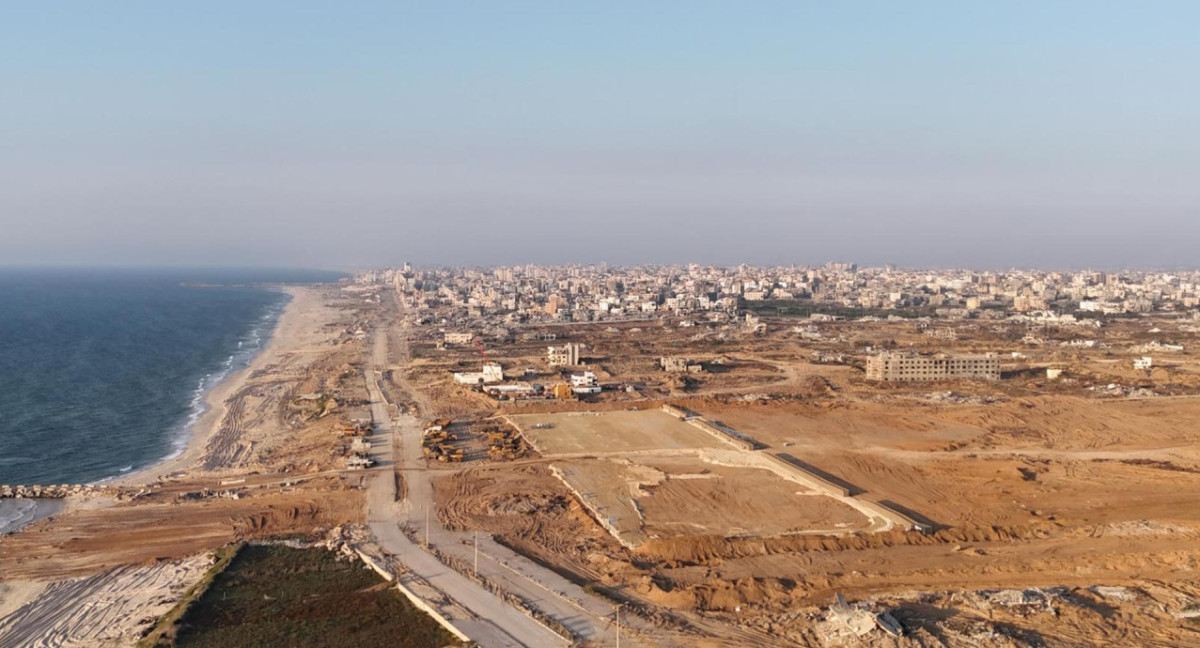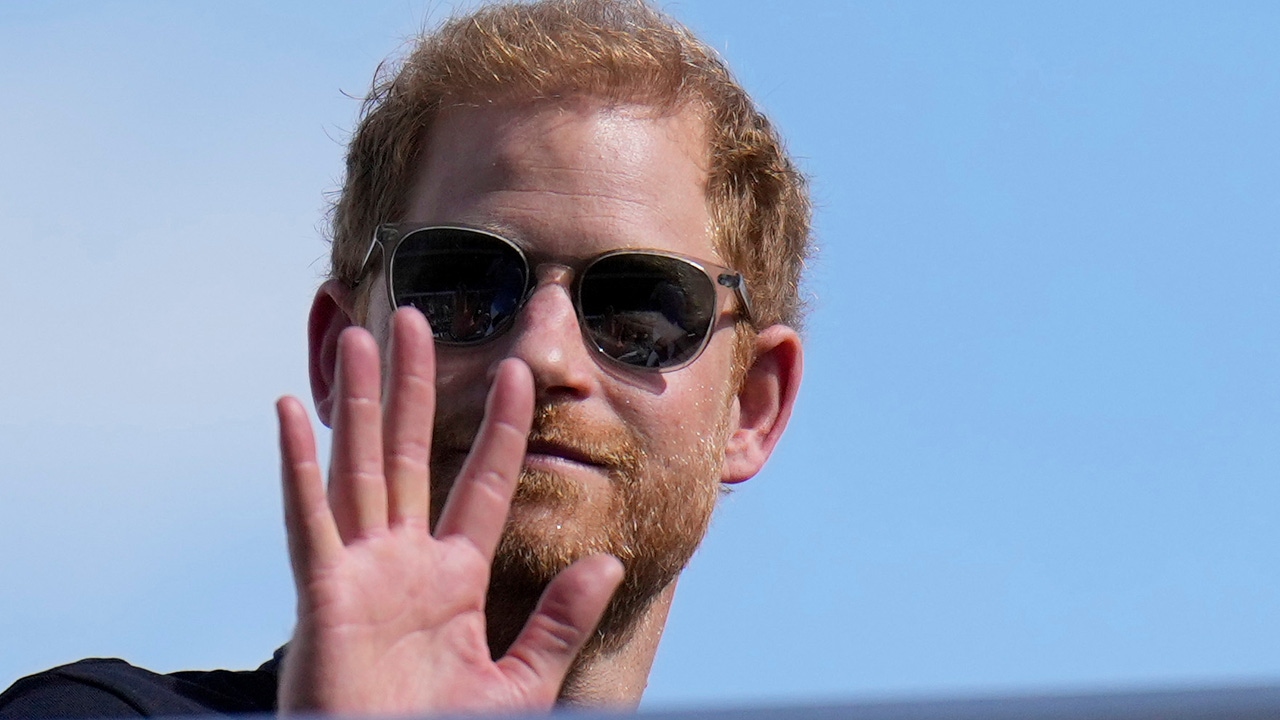The chief financial officer of the Chinese giant Huawei, Meng Wanzhou, was released Friday from house arrest in Canada as part of a trial extradited to the United States, which accused her of bank fraud, after an agreement reached between the two parties “defers” the jurisprudence.
A Canadian judge has ended Meng’s extradition proceedings and ordered the terms of his bail to be lifted, ending a nearly three-year legal crisis.
Canadian television footage showed that Meng then boarded a flight to the Chinese city of Shenzhen.
Soon after, Canadian Prime Minister Justin Trudeau announced the release of two Canadian citizens who had been held in China since late 2018, in what Ottawa saw as retaliation for Meng’s arrest.
– an agreement –
The decision by British Columbia Deputy Chief Justice Heather Holmes came after Meng reached a deferred prosecution agreement with US attorneys general to avoid criminal fraud charges.
Earlier, a court in Brooklyn (New York) approved the agreement reached between the Department of Justice and Meng to end this judicial mess that complicated relations between the two powers.
The United States has proposed “postponing” the actions against the CEO of Huawei until the end of 2022. If there is no objection to the agreement before December 1, 2022 or it is broken, all charges against it will be dropped.
According to US government attorney Nicole Buckman, Meng admitted that he played an “essential role” in Huawei’s financial scheme to be able to continue doing business with Iran and circumvent Washington’s sanctions against that country.
Another government attorney, Mark J.
Meng appeared in the video from Canada and answered questions in Chinese from Brooklyn Federal Court Judge Ann M Donelia.
– Three-year epic –
Meng Wanzhou, 49, daughter of telecom giant Ren Zhengfei’s founder, was arrested on December 1, 2018 at Canada’s Vancouver Airport at Washington’s request.
US justice accused her of lying to an HSBC bank executive during a meeting in Hong Kong in 2013 about links between the Chinese group and a subsidiary called Skycom that sold equipment to Iran.
Meng’s extradition hearings in Canada ended a month ago, and on October 21, the judge in charge of the case was due to announce the date she would deliver her verdict.
Until now, Meng had always denied the accusations of the US authorities.
Similarly, his defense has repeatedly accused Canadian and US officials of procedural “abuse,” calling for his release.
Days after Meng’s arrest in Canada, China detained Canadian businessman Michael Spavor – who was sentenced in August to 11 years in prison for espionage and stealing state secrets – and former diplomat Michael Kovrig, causing a serious diplomatic crisis between Beijing and Ottawa.
But shortly after announcing Meng’s release and departure to China, Trudeau announced that Beijing had released the two Canadians.
“About 12 minutes ago, the plane carrying Michael Kovrig and Michael Spavor left Chinese airspace for Canada,” the prime minister said at a press conference.
– Penalties –
Beijing believes that the US government, then headed by Donald Trump, was primarily seeking to weaken Huawei, the Chinese company and the world leader in 5G equipment and networks, without peer from the American side.
Since 2019, Huawei has been under sanctions by the United States, accusing the company of spying on its phones for China.
Since then, Huawei has not been able to access US technology for its products, such as the Android operating system, which is owned by Google and used by almost all smartphone manufacturers, except for Apple.
Because of the sanctions, Huawei also cannot access certain components of its networks or smartphones.
The result is the expulsion of the Chinese group from the global platform of smartphone manufacturers, having briefly outperformed Samsung and Apple.
At the end of 2020, Huawei was in sixth place in terms of sales. In the first quarter of this year, its sales in China fell 50% year on year, according to the analysis firm Canalys.
To circumvent US sanctions, Huawei recently launched its own operating system, called HarmonyOs, to compete with the currently dominant Android (Google) and iOS (Apple) operating systems.





:quality(85)/cloudfront-us-east-1.images.arcpublishing.com/infobae/LXD4Z3D2BREKPB3WQX7E7IJTOA.jpg)